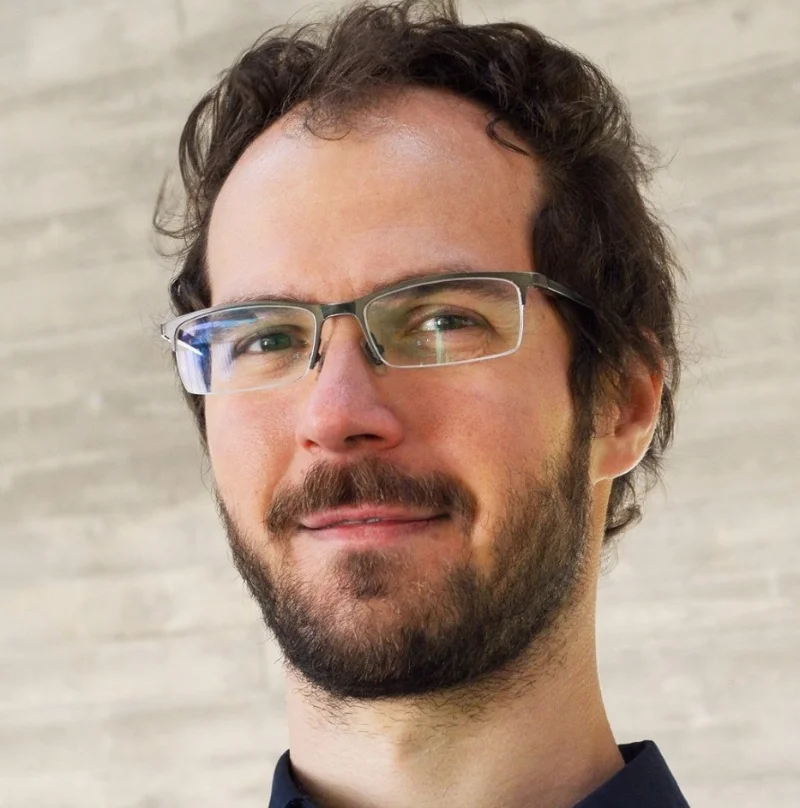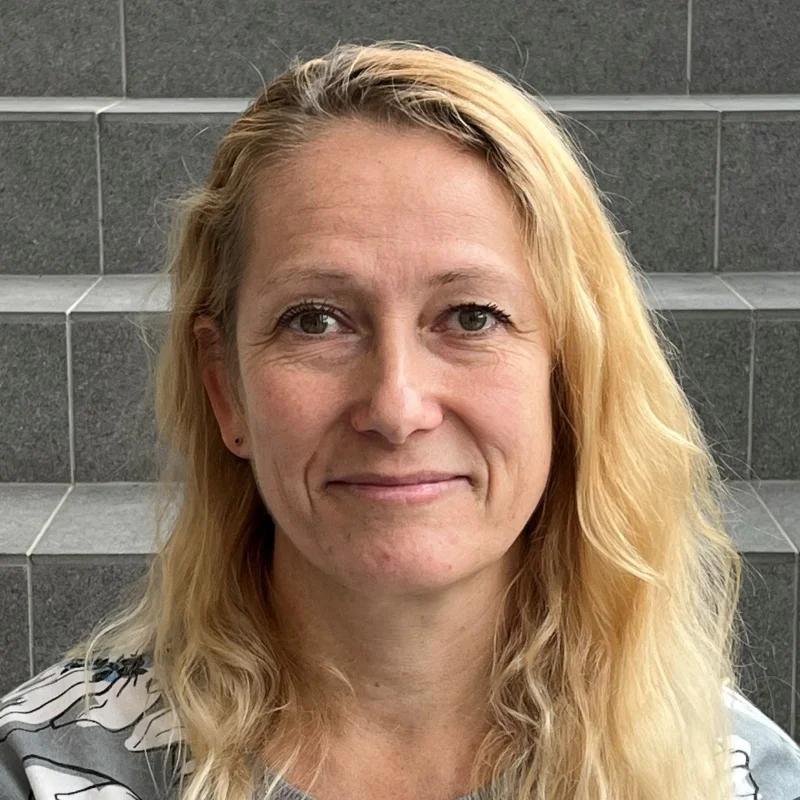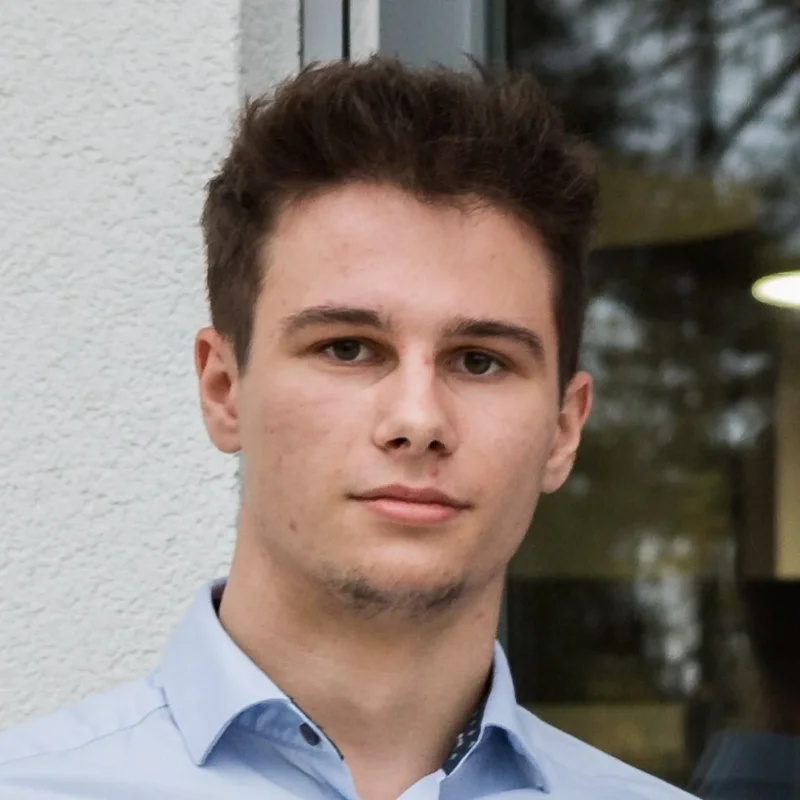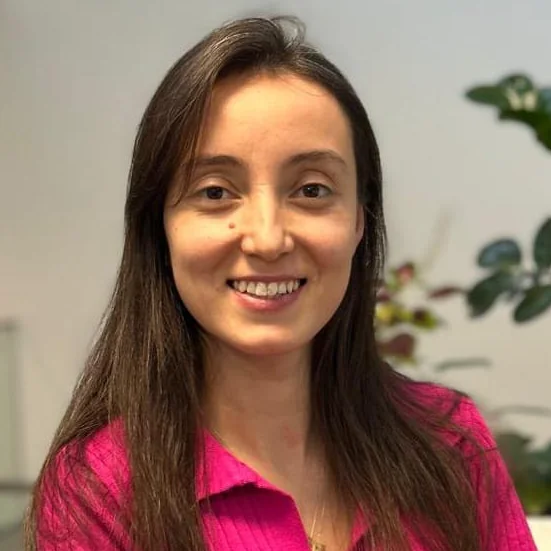Experimental Neurophysiology Group
Our team studies the cellular and network mechanisms underlying epileptic seizure genesis in focal cortical dysplasia (FCD). FCD is a congenital malformation of the brain cortex responsible for 30 per cent of all epilepsies. We use a genetic model of FCD in mice, which replicates most features of the human FCD, including the presence of abnormal neurons, dyslamination of the cortex, spontaneous seizures, clustering of seizures and interictal activity. A wide range of electrophysiological techniques, ranging from single-cell recording in brain slices to long-term multi-channel recordings in freely moving animals is employed. Electrophysiological recording is combined with methods of controlling neural activity such as optogenetics and chemogenetics.
New insights of our team into the principles of the transition to seizure and the mechanisms through which the epileptic brain loses resilience before a seizure have been recently achieved. Moreover, we possess a long track record in the research of high-frequency oscillations in epilepsy. Additionally, we have expertise in mathematical approaches to data analysis and numerical modeling.
Currently, we explore the neuronal network principles underlying seizures. We also study the ultra-slow cycles in seizure risk and search for methods of their prediction. Our ultimate goal is to translate all the observed pathophysiological principles into the development of targeted gene therapy for patients with drug-resistant FCD-related epilepsy.

Jan Kudlacek, MSc, PhD
Team Leader

Michaela Kralikova, MSc, PhD
Post-doctoral fellow

Salome Kylarova, PhD
Post-doctoral fellow

Maria Florencia Bercum, MSc, Phd
Postdoc

Michal Scheibel
—

Martina Biackova
Student

Filip Dolezal
Student

Aneta Ambrosova, Bc
Student

Prof. Premysl Jiruska, MD, PhD
Senior Researcher

Ing. Nedime Karakullukcu, PhD.
Postdoc
Research areas
Project: Gene therapy for FCD-based epilepsy
Grant: NU21-08-00533, AZV 2121240, Targeted gene therapy for drug-resistant focal epilepsy
Objective: Optogenetic activation and chemogenetic inhibition of mutated neurons in FCD to elucidate their function in seizure genesis.
Investigators: Michaela Králíková, Salome Kylarová, Filip Doležal, Tereza Strupková, Martina Biačková, Milan Španko, Jan Kudláček
Project: Long-term dynamics of epilepsy
Grant 1: PRIMUS/23/MED/011 (Reg.no. 247 132), PRIMUS 2170011
Cellular and network mechanisms of ultra-slow processes involved in the progression of epilepsy and the onset of seizures.
Objective: To understand the mechanisms of slow fluctuations in seizure risk and find a way to predict seizure risk.
Grant 2: CZ.02.01.01/00/22_008/0004643, OPJAK 2160002, Brain Dynamics
Objective: To explain these mechanisms using mathematical modeling (cooperation with the Institute of Informatics of the Academy of Sciences of the Czech Republic)
Investigators: Michal Scheibel, Jonáš Fér, Aneta Ambrosová, Richard Köplinger, Jan Kudláček
Publications to date:
https://doi.org/10.1016/j.nbd.2021.105347,
https://doi.org/10.1038/s41467-020-15908-3,
https://doi.org/10.1038/s41593-018-0278-y,
https://doi.org/10.1016/j.yebeh.2019.106591
Project: High-frequency oscillations in focal cortical dysplasia
Grant: NW24-08-00394, AZV 2121251
Significance of high-frequency oscillations in the pathophysiology and preoperative diagnosis of drug-resistant neocortical epilepsy
Objective: To describe the mechanisms of high-frequency oscillations at the cellular level and to determine their diagnostic value for determining the degree of excitability of a given brain area.
Investigators: Nedime Karakallukcu, Florencia Bercum, Jan Kudláček
Publications to date: https://doi.org/10.1016/j.nbd.2023.106383
Selected publications
Chvojka J et al
Mouse model of focal cortical dysplasia type II generates a wide spectrum of high-frequency activities
Neurobiology of Disease 2024
Kudlacek J et al
Long-term seizure dynamics are determined by the nature of seizures and the mutual interactions between them
Neurobiology of Disease 2021
Waloschková E et al
Human Stem Cell-Derived GABAergic Interneurons Establish Efferent Synapses onto Host Neurons in Rat Epileptic Hippocampus and Inhibit Spontaneous Recurrent Seizures
Intl Journal of Molecular Sciences 2021
Gonzalez-Ramos A et al
Chemogenetics with PSAM4-GlyR decreases excitability and epileptiform activity in epileptic hippocampus
Gene Therapy 2024
Chang WC et al
Loss of neuronal network resilience precedes seizures and determines the ictogenic nature of interictal synaptic perturbations
Nature Neuroscience 2018
Maturana MI et al
Critical slowing down as a biomarker for seizure susceptibility
Nature Communications 2020
Current grant projects
Gene therapy for pharmacoresistant epilepsy due to focal malformations of cortical development (NU21-08-00533)
Czech Health Research Agency (AZV 2121240)
Principal Investigator: Prof Premysl Jiruska, MD, PhD
2021–2024
Cellular and network mechanisms of ultra-slow disease processes involved in epilepsy progression and seizure emergence
PRIMUS/23/MED/011 (Reg.No 247 132), PRIMUS 2170011)
Principal Investigator: Jan Kudláček, MSc, DiS, PhD
2023–2026
Brain Dynamics
CZ.02.01.01/00/22_008/0004643, OPJAK 2160002
EU Programme Johannes Amos Comenius
Principal Investigator: Prof Premysl Jiruska, MD, PhD
2024–2029
The significance of high-frequency oscillations in the pathophysiology and presurgical diagnosis of drug-resistant neocortical epilepsy
Czech Health Research Agency NW24-08-00394, AZV 2121251
Principal Investigator: Prof Premysl Jiruska, MD, PhD
2024–2027
International cooperation
University College of London – Gabriele Lignani
Dr. Salome Kylarová is on a 3-month assignment, learning to work with the CRISPR-Cas9 system to create a better FCD model and possibly subsequent experimental treatment.
University of Bonn – Silvia Cases Cunillera, Albert Becker
Testing the paracrine effect of mutated neurons on healthy neurons in focal cortical dysplasia. Still under negotiation.
University of Bern – Enrique Perez Martinez, Maxime Baud
Chronobiology of epilepsy on different time scales – from circadian to monthly. Enrique will learn the experimental method of electroporation with us. Additionally, they are interested in analyzing our records to predict seizure risk.
Keywords
Epilepsy, focal cortical dysplasia, mTOR, electrophysiology, optogenetics, chemogenetics, patch-clamp, seizure cycles